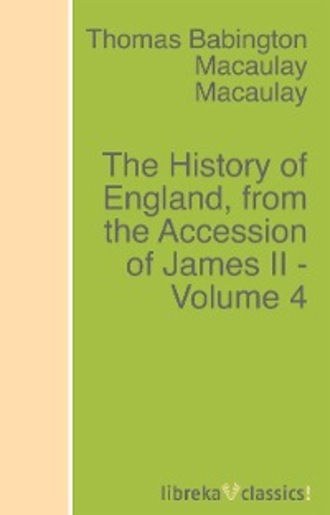The History of England, from the Accession of James II - Volume 4

Полная версия
The History of England, from the Accession of James II - Volume 4
Настройки чтения
Размер шрифта
Высота строк
Поля
Конец ознакомительного фрагмента
Купить и скачать всю книгу








